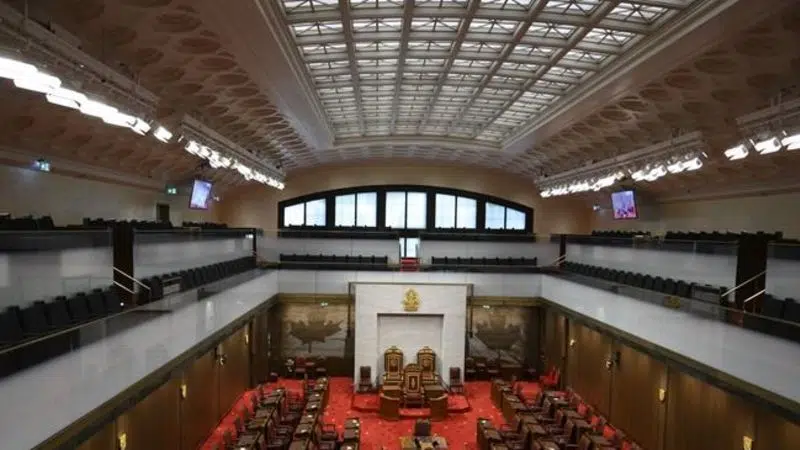
Solitary confinement bill passes in Senate with changes supported by 100 lawyers
OTTAWA — A bill that aims to end solitary confinement has passed in the Senate with a number of amendments — changes a large group of lawyers and law societies say are necessary to ensure the bill stays on the right side of the law.
Senators passed Bill C-83 at third reading Wednesday, complete with a package of amendments including adding judicial oversight to decisions about isolating prisoners, more supports for inmates with mental illnesses and community-based options for rehabilitating Indigenous people and members of other vulnerable populations.
Now, it will be up to the Liberal government to decide whether to accept the proposed changes. More than 100 legal experts say the bill would be unconstitutional if passed without the amendments.
“It has already been decided in two separate decisions (in B.C. and Ontario courts) that segregation without a cap and without independent oversight violates the Charter,” the lawyers wrote in a letter sent to senators this week.


